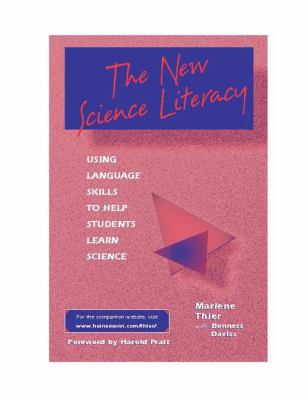
|
The new science literacy : using language skills to help students learn science
Copies
0 Total copies, 0 Copies are in,
0 Copies are out.
Authors
Subjects
Language
English
Dimensions
24 cm.







